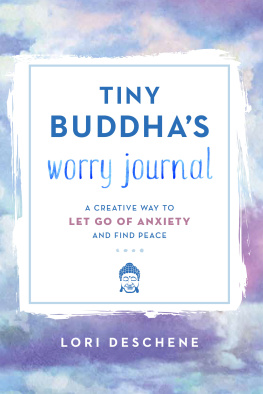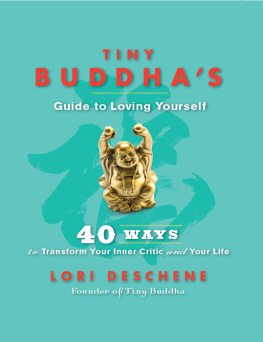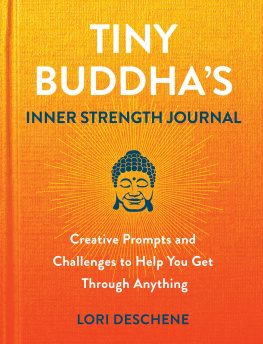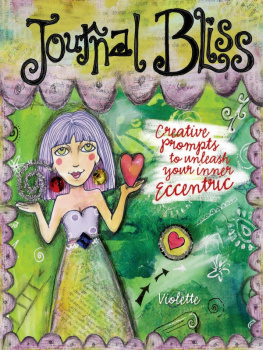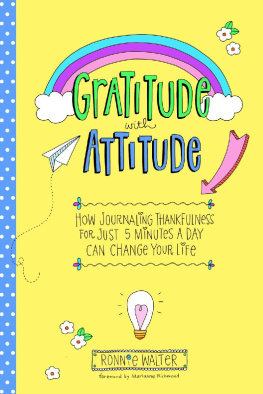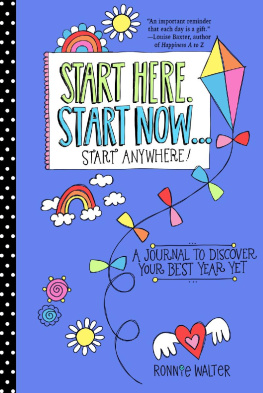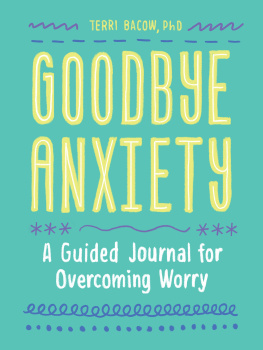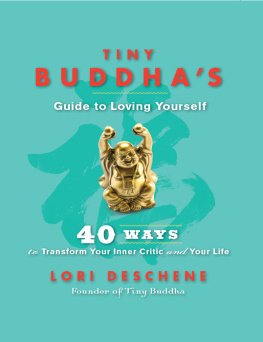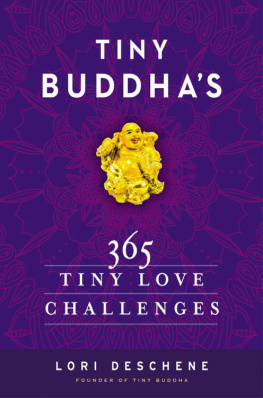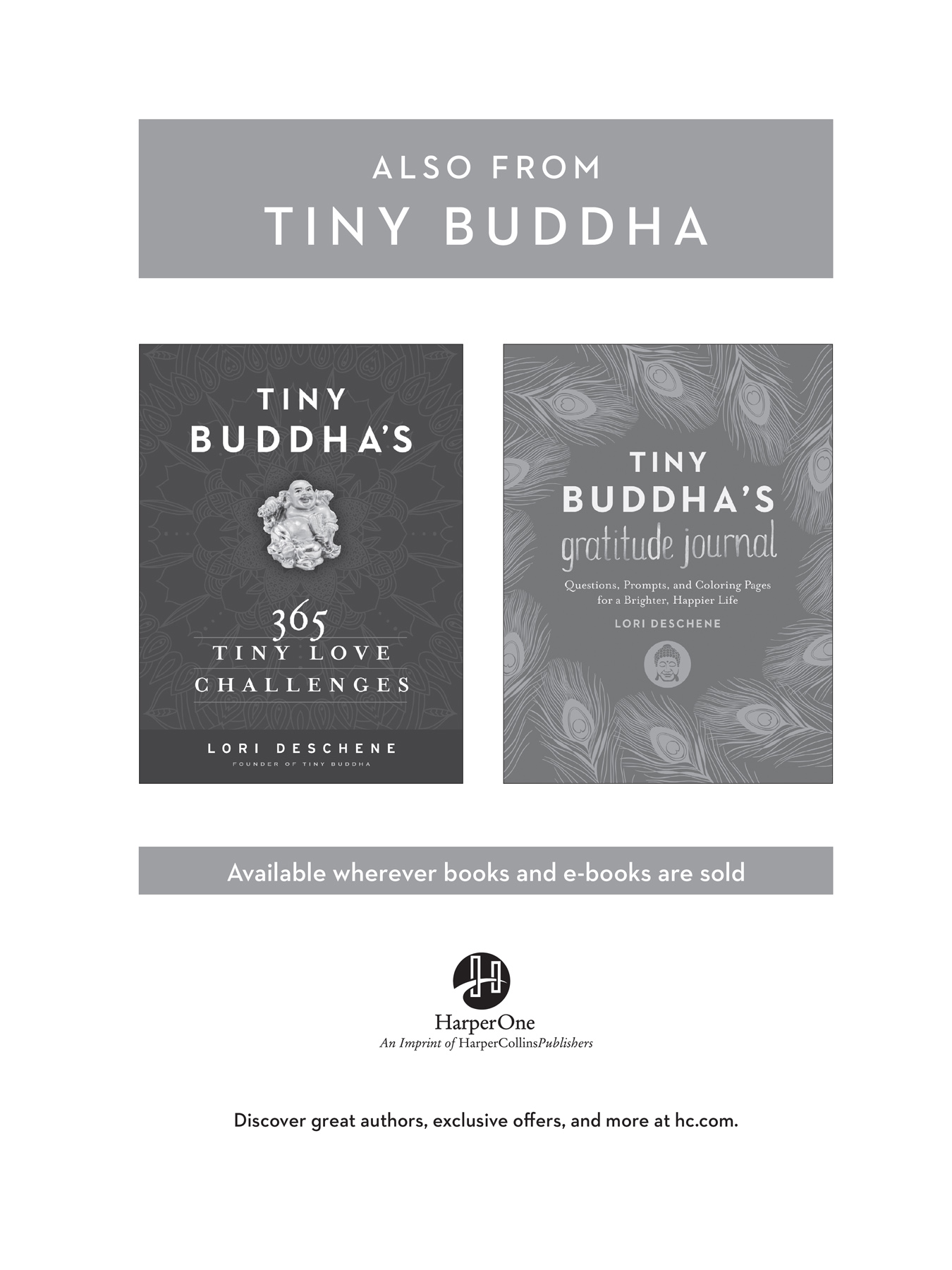Contents
Guide
Contents
If you are reading this journal on a touch-screen device, we invite you to interact with it by adding notes and highlighting text on the journal pages. Drawing tools are not accessible for doodle prompts and coloring pages, so those functions are not available.
To respond to the journal prompts, tap the lines following each question, prompt, or quote. A small toolbar will appear on the screen giving you three options: copy, highlight, and notes. Select the notes option, which will open a yellow box, and proceed to add your own text to the box. To close, tap anywhere on the screen (besides in the note field). You will not be able to swipe to the next page until all notes are closed. A small yellow box representing each note will appear in the margin. You can always add to or edit the text by tapping on the small note, which will expand again. You can also change the notes color as a way to organize and categorize the notes and information.
Highlight passages you want to return to by tapping on the word where you want to start the highlight, and without removing your finger from the screen after tapping, drag your finger across the words/phrase that you want highlighted. You can also copy this highlighted material to insert it into notes.
For pages that you want to return to, you are able to use the bookmark function, according to your devices settings. Finally, you can export notes and highlighted material, which will allow you to send it in an email or text message, or share it on social media.
We hope this helps you get the most out of Tiny Buddhas Worry Journal and that you will find working through these pages helps bring you peace.
LORI DESCHENE is the founder of the online community Tiny Buddha (www.tinybuddha.com), which enables participants to share their experiences and insights to help themselves and others. Shes also cofounder of the Recreate Your Life Story eCourse and author of Tiny Buddhas Gratitude Journal, Tiny Buddhas 365 Tiny Love Challenges, Tiny Buddhas Guide to Loving Yourself, and Tiny Buddha: Simple Wisdom for Lifes Hard Questions.
Discover great authors, exclusive offers, and more at hc.com.
Australia
HarperCollins Publishers Australia Pty. Ltd.
Level 13, 201 Elizabeth Street
Sydney, NSW 2000, Australia
www.harpercollins.com.au
Canada
HarperCollins Publishers Ltd
Bay Adelaide Centre, East Tower
22 Adelaide Street West, 41st Floor
Toronto, Ontario, Canada
M5H 4E3
www.harpercollins.ca
India
HarperCollins India
A 75, Sector 57
Noida
Uttar Pradesh 201 301
www.harpercollins.co.in
New Zealand
HarperCollins Publishers New Zealand
Unit D1, 63 Apollo Drive
Rosedale 0632
Auckland, New Zealand
www.harpercollins.co.nz
United Kingdom
HarperCollins Publishers Ltd.
1 London Bridge Street
London SE1 9GF, UK
www.harpercollins.co.uk
United States
HarperCollins Publishers Inc.
195 Broadway
New York, NY 10007
www.harpercollins.com
All coloring page artwork by Rose Hwang.
TINY BUDDHAS WORRY JOURNAL . Copyright 2018 by Lori Deschene. All rights reserved under International and Pan-American Copyright Conventions. By payment of the required fees, you have been granted the nonexclusive, nontransferable right to access and read the text of this e-book on-screen. No part of this text may be reproduced, transmitted, downloaded, decompiled, reverse-engineered, or stored in or introduced into any information storage and retrieval system, in any form or by any means, whether electronic or mechanical, now known or hereafter invented, without the express written permission of HarperCollins e-books.
Cover design: HarperCollins
Cover art: Pobytov | Getty images; Nikolaeva, alanadesign | Shutterstock
Cloud illustration by maritime_m/Shutterstock
FIRST EDITION
Digital Edition JUNE 2018 ISBN: 978-0-06-284991-5
Version 05092018
Print ISBN: 978-0-06-284987-8
Tiny Buddhas Gratitude Journal
Tiny Buddhas 365 Tiny Love Challenges
W orry and anxietytwo issues weve all struggled with to some degree. While they often go hand in hand, theyre two distinct psychological states. Whether youre obsessing about your relationships, your work, your health, or any of the million and one things you cant control in life, worry manifests in a tornado of panicked thought, fueled by dread and a vivid imagination. And though it may seem imperative and somehow useful to obsess, it doesnt actually accomplish anything. Anxiety puts both your mind and body under immense, prolonged pressure. Your heart races. Your stomach knots up. Your mind feels heavy and overwhelmed. What makes it all the more painful is that you cant always easily trace it to a specific concern. All you know is that everything feels urgent. Its as if something horrible is going to happen, and you have to think your way out of it, and fast, or everything will fall apart. And it will all be your fault. At least, this is how it has felt for me.
I first began struggling with anxiety as a young kid, mostly triggered by a fear of not being good enough and a constant sense of impending doom resulting from childhood trauma. That feeling of being unsafe followed me through adolescence and into adulthood, and not just because I was bullied and mistreated, as many of us have been. There came a point when I realized my own mind was a prison, so I couldnt truly feel safe anywhere. No matter where I went, I was controlled by a voice that was as terrified as it was cruel. I needed to do more, to be more, to achieve more, because maybe if I were somehow better than I was, I could insulate myself from lifes inevitable pain. Maybe if I were perfect, no one would ever want to hurt me, so I could let my guard down and be happy. And this voice wanted to control not only me, but also the world around me. It liked familiar environments, one-on-one connections with people I trusted, and situations that felt predictable. The unknown was a battlefield surpassed in danger only by my bully brain, which I numbed with food, booze, and cigarettes.
For me, anxiety led to perfectionism, avoidance, self-medicating, and near-constant agonizing about everything that could go wrong. For you, it might lead to other destructive habits, such as codependency or self-harm. Or you might notice subtler unhealthy behaviors, such as fidgeting and obsessive planning for the future. However anxiety and worry impact your life, know that youre far from alone. Were all wired to anticipate and avoid potential threats as a means to keep ourselves safe. And most of us have experienced some form of emotional or physical trauma, resulting in some degree of anxiety, whether acute or debilitating. Perhaps this is why anxiety is the most popular topic on Tiny Buddha: its pervasive, far more common than you might realize, and it doesnt discriminate, affecting people from all backgrounds and walks of life. For some, its the pressure to succeed that fuels anxiety. For others, its a response to abuse or neglect. Life stressors and lifestyle choices can also play a role. Then theres the genetic component, not to mention existential angstthe anxiety we feel when we ponder life, who we are, and the meaning of our existence.
Next page
